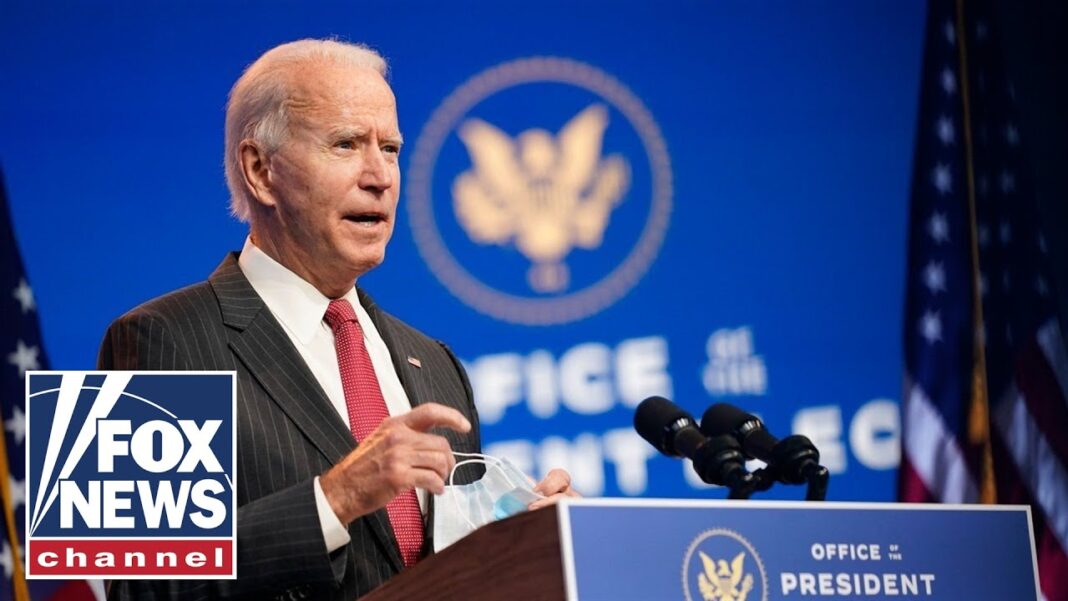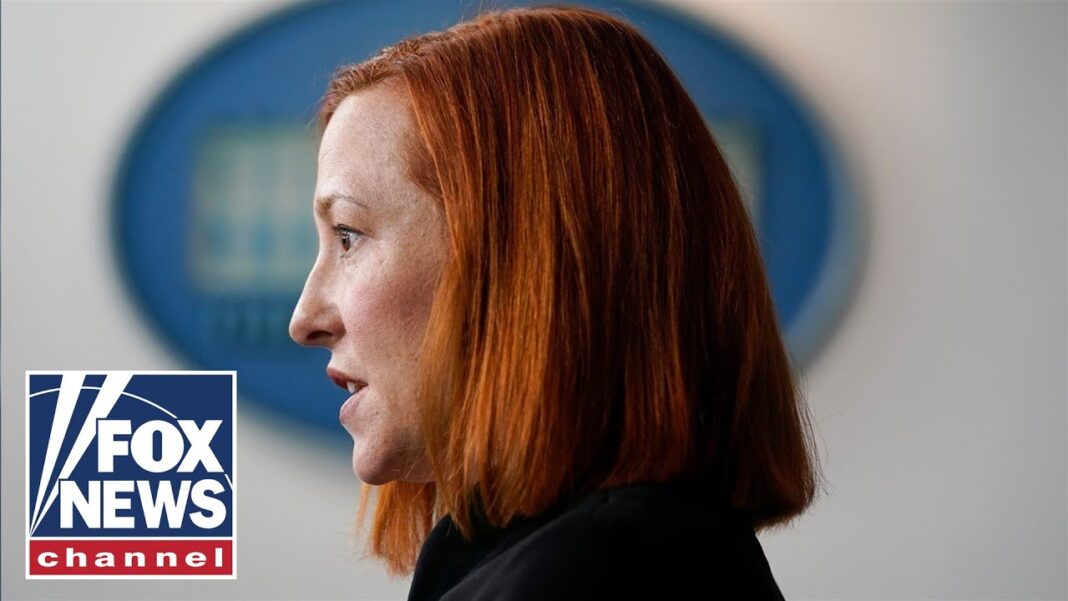This year marks the 50th anniversary since President Richard Nixon suspended the convertibility of the U.S. dollar into gold. This began the era of a global fiat money debt-fueled economy. Since then, crises have been more frequent but also shorter and always “solved” by adding more debt and more money printing.
The suspension of the gold standard was a catalyst to trigger massive global credit expansion and cement the position of the U.S. dollar as the world’s reserve currency, as it de-facto substituted gold as the reserve for the main central banks.
The level of global debt has skyrocketed to more than 350 percent of GDP, and what’s mistakenly called “the financial economy,” which is the credit-based economy, has multiplied.
The gold standard imposed a limit on the monetary and fiscal voracity of governments, and suspending it unleashed an unprecedented push to increase indebtedness and the perverse incentive for states to pass on the current imbalances to future generations.
By substituting gold for the U.S. dollar as a global reserve, the United States has been able to borrow and increase money supply massively without triggering hyperinflation, because it exports its monetary imbalances to the rest of the world. Other currencies follow the same monetary expansion without the global demand that the U.S. dollar enjoys, so the rising imbalances always end up making those currencies weaker versus the greenback and the economies more dependent on the U.S. dollar.
This race to zero pursued by most central banks has also achieved that state where there’s no real alternative to the U.S. dollar as a reserve, because the rest of the countries abandoned the monetary and fiscal orthodoxy at the same time, weakening their ability to be a world reserve alternative.
In the 1960s, any currency from a leading country could compete with the dollar if its gold reserves were sufficient. Today, none among the fiat currencies can compete with the dollar either in financial capacity or as a reserve. The example of the yuan is paradigmatic. The Chinese economy is over 17 percent of the world’s GDP and its currency is used in less than 4 percent of global transactions, according to the Bank for International Settlements.
This year marks the 50th anniversary since President Richard Nixon suspended the convertibility of the U.S. dollar into gold. This began the era of a global fiat money debt-fuelled economy. Since then, crises have been more frequent but also shorter and always “solved” by adding more debt and more money printing.
The suspension of the gold standard was a catalyst to trigger massive global credit expansion and cement the position of the U.S. dollar as the world’s reserve currency, as it de-facto substituted gold as the reserve for the main central banks.
The level of global debt has skyrocketed to more than 350 percent of GDP, and what’s mistakenly called “the financial economy,” which is the credit-based economy, has multiplied.
The gold standard imposed a limit on the monetary and fiscal voracity of governments, and suspending it unleashed an unprecedented push to increase indebtedness and the perverse incentive for states to pass on the current imbalances to future generations.
By substituting gold for the U.S. dollar as a global reserve, the United States has been able to borrow and increase money supply massively without triggering hyperinflation, because it exports its monetary imbalances to the rest of the world. Other currencies follow the same monetary expansion without the global demand that the U.S. dollar enjoys, so the rising imbalances always end up making those currencies weaker versus the greenback and the economies more dependent on the U.S. dollar.
This race to zero pursued by most central banks has also achieved that state where there’s no real alternative to the U.S. dollar as a reserve, because the rest of the countries abandoned the monetary and fiscal orthodoxy at the same time, weakening their ability to be a world reserve alternative.
In the 1960s, any currency from a leading country could compete with the dollar if its gold reserves were sufficient. Today, none among the fiat currencies can compete with the dollar either in financial capacity or as a reserve. The example of the yuan is paradigmatic. The Chinese economy is over 17 percent of the world’s GDP and its currency is used in less than 4 percent of global transactions, according to the Bank for International Settlements.








